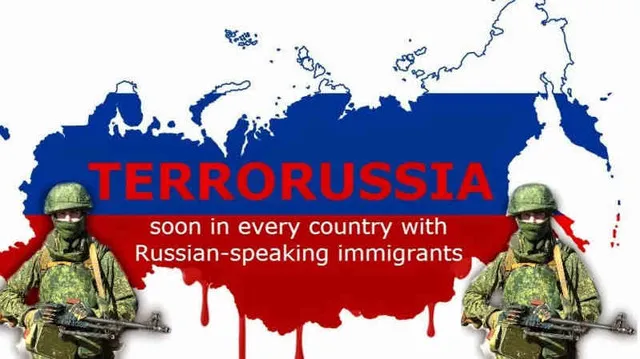
By Mark Temnycky
As the Russian invasion of Ukraine approaches the six-month mark, pressure is mounting on the Biden administration to designate Russia a state sponsor of terrorism. The move enjoys bipartisan backing in Congress and is seen by supporters as a proportionate response to mounting evidence of Russian war crimes in Ukraine. However, US Secretary of State Antony Blinken has expressed his reluctance to confirm the designation, while Moscow has warned that any such step would represent a diplomatic “point of no return” in relations between Russia and the United States.
Earlier this year, Democratic Senator Richard Blumenthal and Republican Senator Lindsey Graham introduced a bipartisan resolution calling on Blinken to designate Russia a state sponsor of terrorism. The Committee on Foreign Relations reviewed the resolution, which was then unanimously approved by the Senate. While the resolution was non-binding, it sent a message that Congress may take matters into its own hands if the State Department is unwilling to designate Russia.
The House of Representatives went a step further. Representatives Ted Lieu, Joe Wilson, Jared Golden, Adam Kinzinger, and Tom Malinowski introduced a bipartisan bill in late July to designate Russia a state sponsor of terrorism. Speaker of the House Nancy Pelosi backed the move, calling designation “long overdue.” The bill has bipartisan support in the House and there are strong indications it will be passed. It is also likely to receive Senate backing. It would then be up to US President Joe Biden to sign the bill into law.




